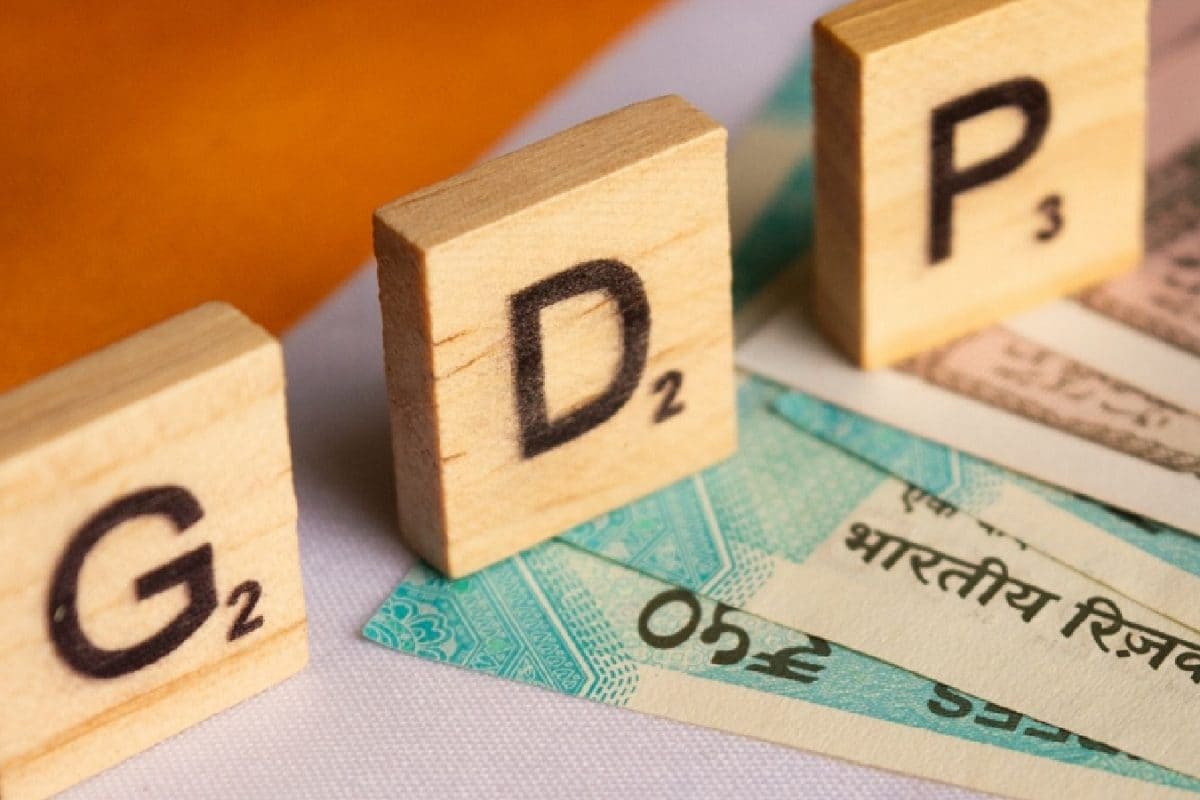The Association of Internationalized Industrial Companies (Amec), which brings together some of the main exporting industrial companies in Spain – the majority of which are Catalan – launched a message of "prudence" this Tuesday in the face of . The employers' association thus rejects "an apocalyptic reading" of the situation and, despite admitting that uncertainty is working against exports to the US, believes that companies will adapt to any tariffs that are ultimately imposed. "We are sending a message of caution," said Amec's general manager, Joan Tristany, regarding the new wave of tariffs approved by US President Donald Trump.
"At Amec, we have a less pessimistic and less apocalyptic reading of what we feel on the street," he added. Amec, which presented its annual economic report for 2024-2025 in Barcelona on Tuesday, represents 350 companies with around 48,000 employees. The employers' association has asked them, as it does every year, for an assessment of the international situation and the outlook for 2025.

In general, therefore, companies maintain confidence in the US market, which was already the one they dedicated the most efforts to in 2024 and which, looking ahead to this year, they maintain as the one they are most interested in. The survey was conducted between the second week of February and the first week of March, but Tristán has assured that the sentiment of the associates remains the same despite the announcements of recent days. Thus, although the United States represented just under 5% of total Catalan exports—"less than half of Portugal," Tristán remarked—the country presided over by Donald Trump received 10% of the foreign sales of the leading company that was destined for France, the industrial companies of Amec.
Despite the trade tensions caused by the new tariffs approved by Trump, the companies associated with the organization are confident that the 10% export quota will be maintained in 2025. "It has been very difficult to have 10% of exports there, and they must defend themselves," stated the CEO of Amec. The reason for the employers' association's relative optimism is that it believes that "the worst danger isn't the tariffs, it's the unpredictability," Tristán explained.
"The figures aren't bad," in relation to exports to the US and the industrial companies' capacity to adapt, commented the general director of Amec, who highlighted the "robustness" of the sector. Trump's tariff announcement has heightened uncertainty on many levels. On the one hand, at the diplomatic level, most of the world's governments affected by the tariffs are now trying to negotiate tariff cuts with Washington.
On the other hand, although For three days, stock markets around the world have experienced sharp losses in response to the trade war. "What Trump has done isn't the first time he's done it: he was already president and imposed tariffs," Tristán said. In fact, companies that already export to the US and, in some cases, even have subsidiaries or technical assistance offices believe that the tariff wave—with 10% tariffs worldwide and additional rates for some countries, such as 20% in the case of the European Union—will serve as a negotiating tool in the White House.
Furthermore, both the companies themselves and their American customers and suppliers believe that trade tariffs will encounter strong opposition within the United States itself, both from the business community and the judiciary. "We'll have to see how it ends," Tristán emphasized. Overall optimism Catalan exports Compared to 2023, a figure considered positive considering the situation of international trade.
The slowdown of the European economy—Germany, the continent's most powerful economy and one of Spain's main trading partners, ended the year in recession—and the growing trade tensions between the EU, the US, and China once weighed on the Catalan export sector, but despite this, Amec remains optimistic. Overall, the companies associated with the association increased their exports by 5.4% last year and expect them to grow by 11.
4% this year. 76.2% of the companies expect to close 2025 with higher turnover than in 2024, and 62.
4% with higher profits. 70.5% exported more last year than the year before.
.
Politics

The Catalan export industry calls for "caution" and rejects an "apocalyptic interpretation" of the tariffs.

The Association of Internationalized Industrial Companies (Amec), which brings together some of the main exporting industrial companies in Spain – the majority of which are Catalan – launched a message of "prudence" this Tuesday in the face of the escalation of the trade war recently initiated by the United States. The employers' association thus rejects "an apocalyptic reading" of the situation and, despite admitting that uncertainty is working against exports to the US, believes that companies will adapt to any tariffs that are ultimately imposed.















